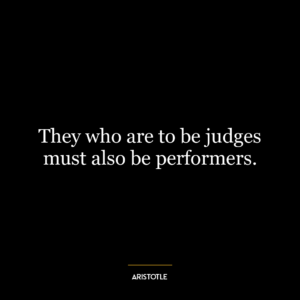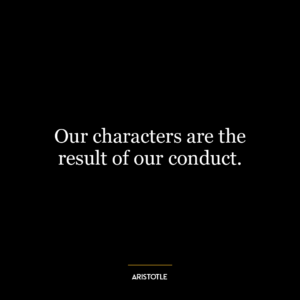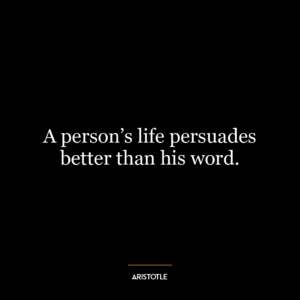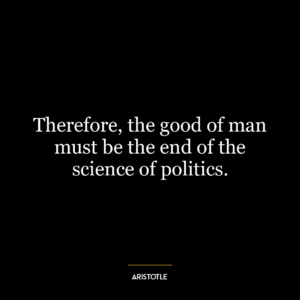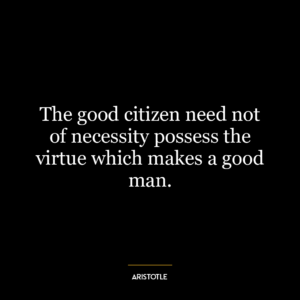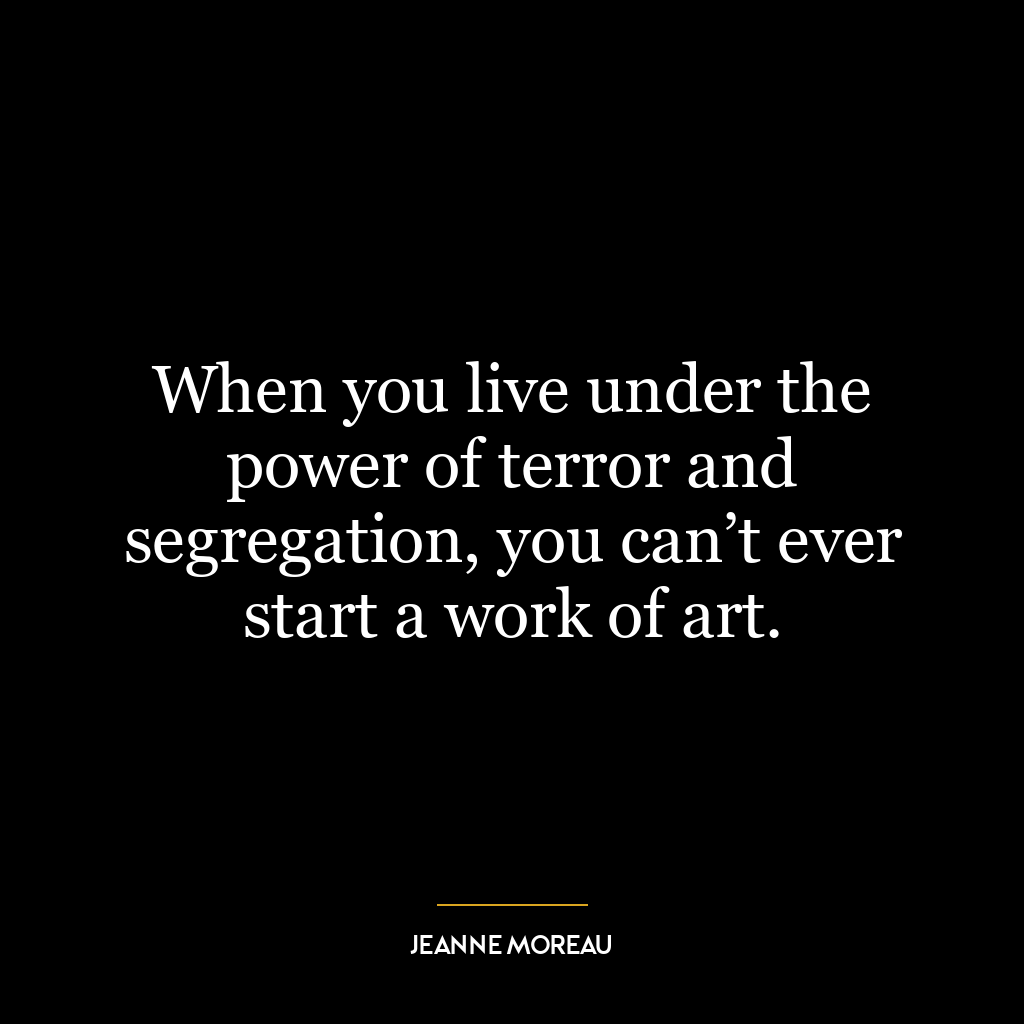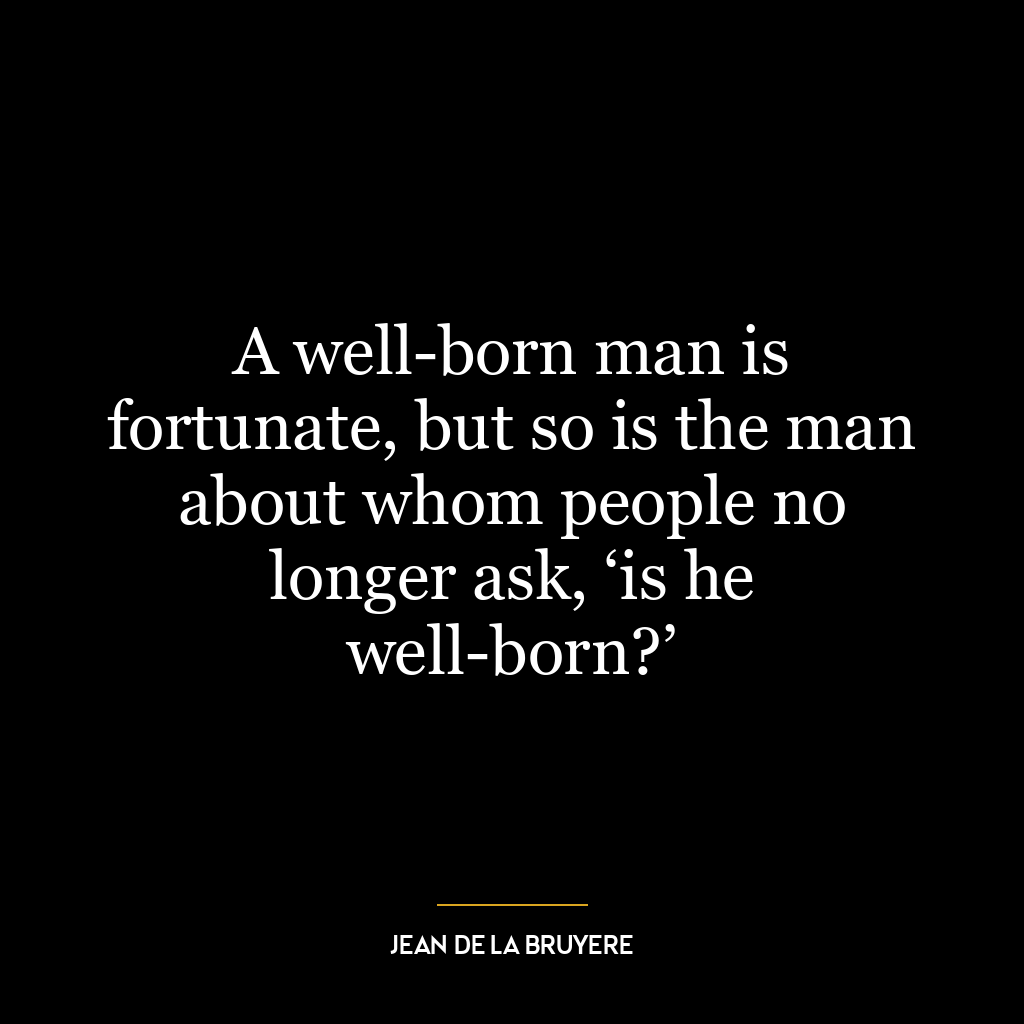This quote emphasizes that true justice does not lie in treating everyone exactly the same way, but rather in treating them according to their individual needs and circumstances. The idea behind it is that equality is not about uniformity, but about fairness and equity.
When Aristotle says “treating unequals equally”, he is referring to a situation where people with different needs and circumstances are treated exactly the same way. This can lead to injustice because it fails to take into account the different challenges and advantages that each person might have. For instance, providing the same amount of food to a starving person and a well-fed person might seem equal, but it is not just because the needs of the two individuals are vastly different.
On the other hand, “treating equals unequally” refers to a situation where people with similar needs and circumstances are treated differently. This also results in injustice because it introduces unnecessary and unfair differences in treatment. For example, paying two employees doing the same job at the same level of competence different wages based on their race or gender is unjust because it treats equals unequally.
In today’s world, this concept can be applied in various ways. In the context of social justice, it supports the argument for policies that acknowledge and address systemic disadvantages faced by certain groups. For instance, affirmative action policies aim to rectify historical injustices by providing more opportunities to marginalized groups, embodying the principle of treating unequals unequally.
In terms of personal development, this quote can be a reminder to be mindful of our own biases and privileges. It encourages us to approach others with empathy and understanding, recognizing that everyone has unique experiences and challenges. By doing so, we can strive to treat others not just equally, but equitably, leading to more just and meaningful interactions.





